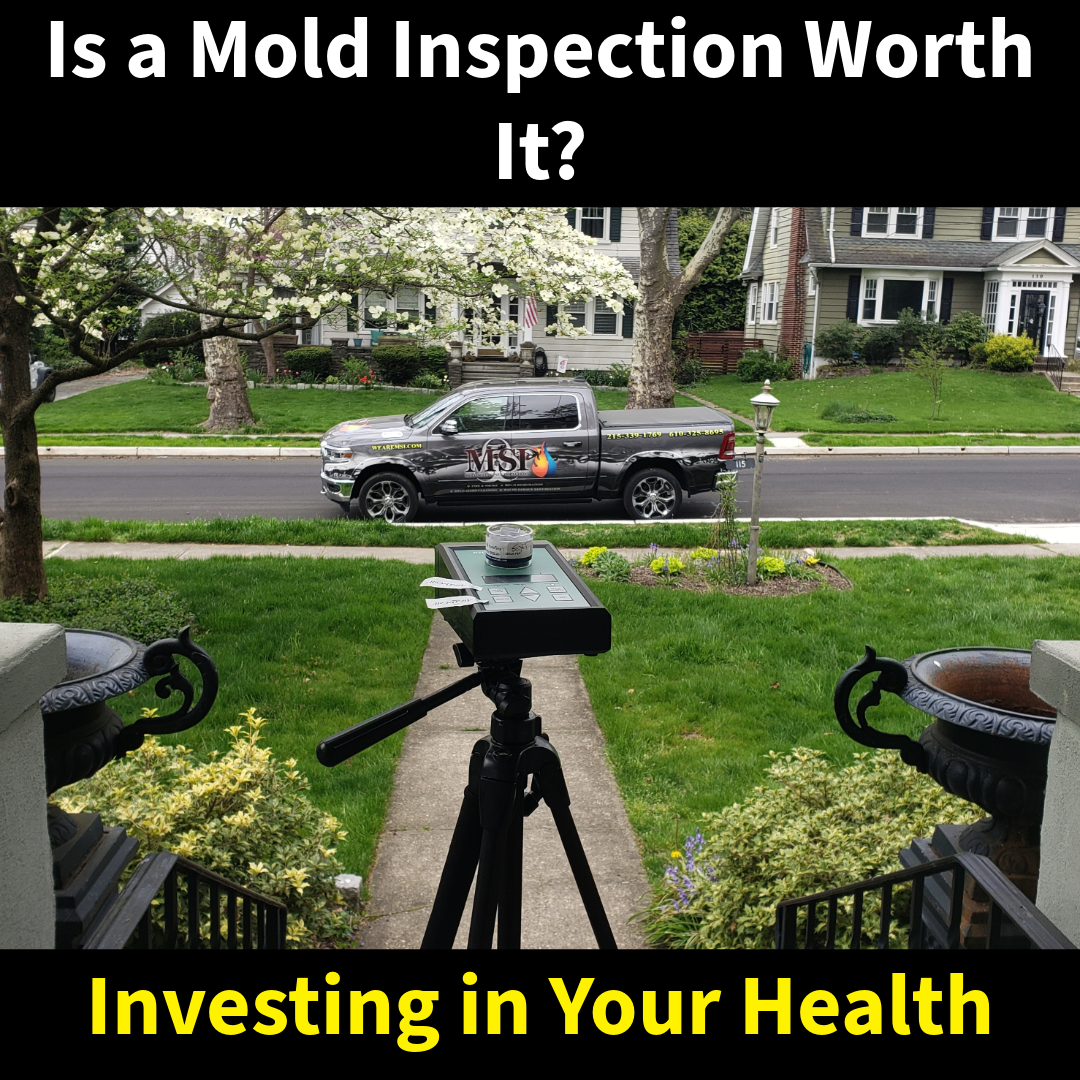When it comes to safeguarding your home and health, few things are as important as ensuring a mold-free environment. Mold is not just an unsightly problem; it can cause serious structural damage and pose significant health risks. At Mold Solutions & Inspections, we often hear the question, “Is a mold inspection really worth it?” The short answer is yes, and here’s why.
Understanding the Risks of Mold
Mold thrives in damp environments and can grow unnoticed behind walls, under flooring, and in HVAC systems. Left untreated, mold can:
- Damage Your Property: Mold feeds on organic materials like wood and drywall, potentially leading to costly repairs.
- Affect Your Health: Exposure to mold can cause respiratory issues, allergic reactions, and worsen asthma or other pre-existing conditions.
- Lower Property Value: Homes with mold issues can become difficult to sell or rent.
What Happens During a Mold Inspection?
A professional mold inspection is a thorough evaluation of your property to identify mold growth and the conditions that allow it to thrive. At Mold Solutions & Inspections, our process includes:
- Visual Assessment: We inspect for visible signs of mold, water damage, and moisture issues.
- Moisture Mapping: Using advanced tools, we pinpoint areas of high humidity and hidden water intrusion.
- Air and Surface Sampling: Lab testing of samples determines the type and concentration of mold present.
- Detailed Report: We provide a comprehensive report with findings and recommendations for remediation if needed.
Benefits of a Mold Inspection
- Peace of Mind: Knowing the condition of your property ensures you’re making informed decisions.
- Early Detection: Identifying mold early can prevent minor issues from becoming major (and costly) problems.
- Tailored Solutions: Professional inspectors, like the team at Mold Solutions & Inspections, provide customized remediation plans based on your property’s unique needs.
- Compliance: If you’re buying, selling, or renting a property, inspections ensure you’re meeting legal and safety standards.
When Should You Get a Mold Inspection?
- After Water Damage: Leaks, floods, or plumbing issues create ideal conditions for mold growth.
- Before Buying or Selling a Home: A mold inspection can protect your investment.
- If You Notice Symptoms: Musty odors, visible spots, or unexplained health symptoms may indicate mold.
- Routine Maintenance: Periodic inspections help catch problems before they escalate.
Why Choose Mold Solutions & Inspections?
Mold Solutions & Inspections is your trusted partner in mold testing and remediation. Our team combines expertise with state-of-the-art technology to deliver accurate results and effective solutions. We prioritize your safety and satisfaction, ensuring your home or business remains healthy and mold-free.
Conclusion
A mold inspection is an investment in your property and well-being. With potential risks to health, home value, and repair costs, the benefits of a professional inspection far outweigh the expense. If you’re concerned about mold in your property, contact Mold Solutions & Inspections today. Let us help you protect what matters most.

